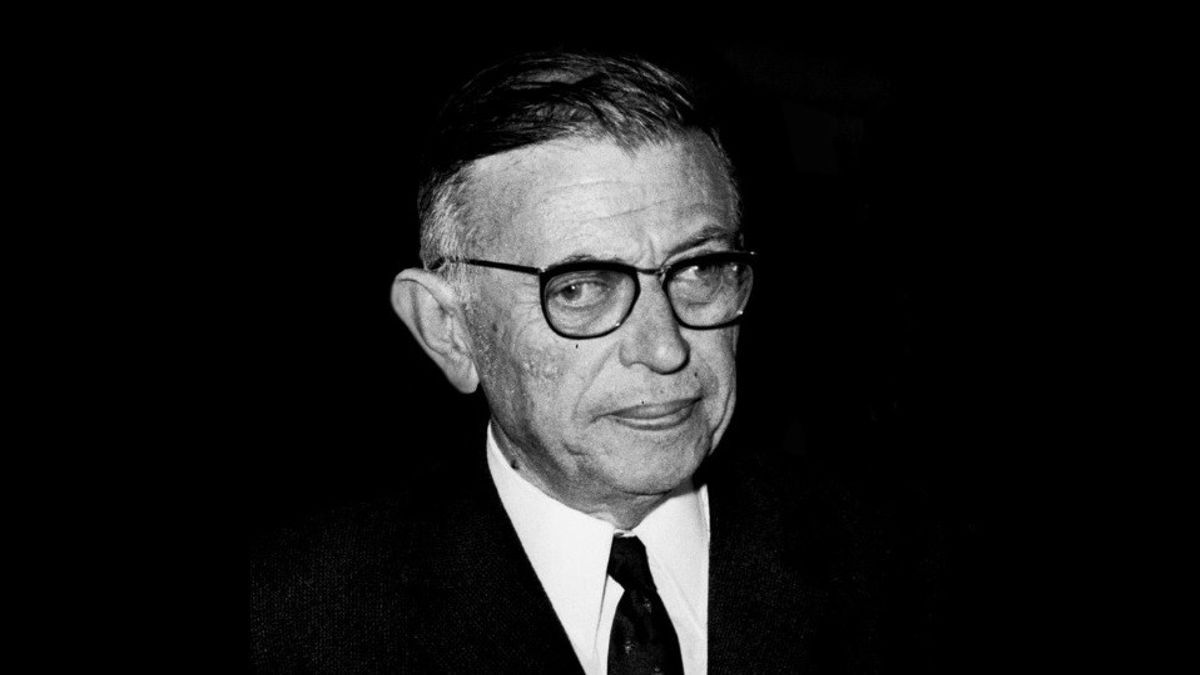JAKARTA - Approximately 115 years ago, on the same date today, a French novelist named Jean-Paul Sartre was born in this world. Not only as a novelist, Sartre is also known as an exponent of existentialism, a philosophy that states individual human freedom.
The Nobel Prize for Literature was also awarded to Sartre for his works that were considered inspirational, rich in ideas, and always expressed the spirit of independence and the search for the truth. But surprisingly, he turned down the prestigious award, in 1964.
He argued that the rejection was based on personal considerations and objectivity in writing literature. Where he considers, the form of the Nobel Prize will only burden the readers of his works.
"If I were just called 'Jean-Paul Sastre'," he said, "it would be different from when I was called 'Jean-Paul Sastre, Nobel Prize for Literature.'" Sartre said, as summarized from the Britanica page, Sunday, June 21.
Another reason, Sartre at that time did not want to be trapped in the two blocks that were at odds several years after World War II, namely the West Block and the East Block. So that according to him, if he received the Nobel, it would reflect partisanship or at least sympathy for both the West Bloc and the East Bloc rebellion.
In his understanding of existentialism, Sartre stated, existence comes before essence (L'existence precede l'essence). Therefore, according to Sartre, the only basis of value is human freedom (L'homme est condamne a etre libre).
"Humans have nothing when they are born, during their life, they are no more the result of calculations than their past commitments," he said.
Sarte's Life JourneyJean-Paul Sartre is an orphan. He was raised by his maternal grandfather, Carl Schweitzer, who was the uncle of the missionary and philosopher, Albert Schweitzer.
In Sartre's autobiography, entitled Les Mots, tells of Sartre's childhood with his mother to build a world according to his own wishes. Sartre's depiction in his autobiography shows how his life struggles must be rejected by various groups in society.
Sartre then went to school at Henri IV in Paris. After his mother remarried, he moved schools to La Rochelle. After graduating, he continued his education at the École Normale Supérieure, a school which was known to be very prestigious. Satre graduated from the school in 1929.
As a teenager, Sartre strongly rejected what he called "bourgeois marriage." Until he met Simone de Beauvoir, the only woman who accompanied his life.
Simone de Beauvoir's memoir, Mémoires d'une jeune fille rangée (1958; Memoirs of a Dutiful Daughter) and La Force de l'âge (1960; The Prime of Life), is Satre's work that tells the intimate story of Sartre during his years. become a student with Simone de Beauvoir.
Satre's writing career was hampered twice. This is because he studied for one year in Berlin and the second time when Sartre was recruited in 1939 to serve in World War II. Satre was then imprisoned in 1940 and released a year later.
Sartre is also known to have taught at Le Havre. During his years teaching at Le Havre, Sartre published La Nausée (1938), his first claim to fame. This novel, written in diary form, tells the story of the disgust a character named Roquentin experiences when dealing with the material world. Not only other people's worlds, but also towards their own bodies.
According to some critics, La Nausée should be viewed as a pathological case, a form of neurotic escape. In all likelihood it should also be appreciated as the most original, highly individualistic, antisocial work containing many philosophical themes which Sartre later developed.
Sartre's way of life led to owning and spending very little wealth. He remained actively committed to humanitarian and political causes until the end of his life, including participation in the 1968 Paris demonstrations.
Sartre's physical condition deteriorated in the 1970s and became completely blind in 1973. He died in Paris on April 15, 1980, of lung disease. Jean-Paul Sartre is buried in the Montparnasse Cemetery and shares the grave with his lifelong partner Simone de Beauvoir.
The English, Chinese, Japanese, Arabic, and French versions are automatically generated by the AI. So there may still be inaccuracies in translating, please always see Indonesian as our main language. (system supported by DigitalSiber.id)










